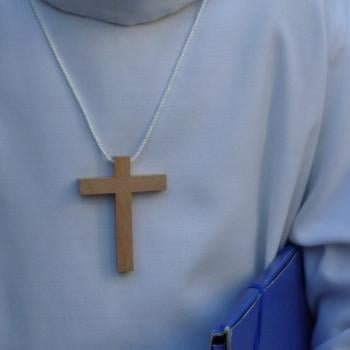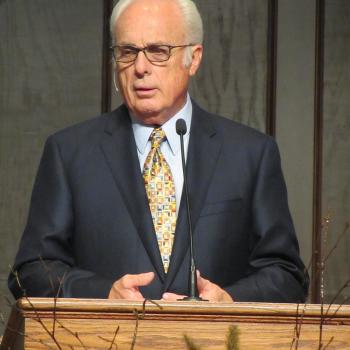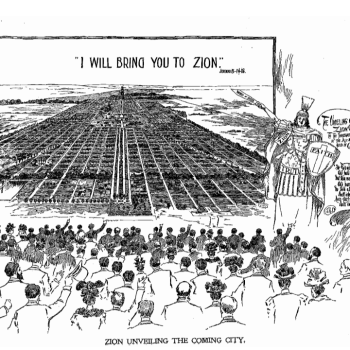Joseph E. Brown, a railroad and coal tycoon and former governor of Georgia, died in 1894. The faculty of the Southern Baptist Theological Seminary offered this tribute:
Governor Brown was a friend and helper of our Seminary. . . . He has been for years, and was at the time of his death, the honored president of our Board of Trustees. When his pressing duties and the condition of his health permitted he was with us at our annual meetings. He presided with dignity and grace, and courtesy to all, and by his earnest belief in an educated ministry, and his wise counsels, and his abiding interest in the Seminary, and his repeated gifts, he continued to contribute to its prosperity.
Black men in Georgia also remembered Brown. Their recollections, which took the form of folk songs, did not laud Brown’s generosity. The lyrics went like this:
Joe Brown, Joe Brown,
He’s a mean white man,
He’s a mean white man.
I know, honey, he put them shackles around, Around my leg.
What accounts for these wildly divergent memories? Brown, who served on Southern Seminary’s board of trustees for decades, had built a thriving business on the backs of black convicts leased by the state of Georgia.
Convict leasing, a system of penal labor pioneered in the South after the Civil War, rivaled the brutality of slavery itself. High numbers of black convicts, often arrested on trumped-up charges and sentenced to much harsher sentences than white defendants, were subjected to terrible working conditions. Lessees, after all, had very little stake in their health—and therefore were incentivized to overwork them. In 1873, 25 percent of black leased convicts died. Some called the convict-leasing system “slavery by another name.”
Joseph Brown, a longtime slaveholder, turned to this source of labor after the “emancipation” of his slaves. His Dade Coal Comp
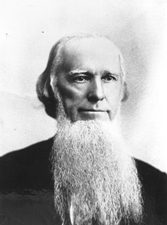
any, which mined coal and iron, operated coke furnaces, and produced pig iron, grew quickly, in part because of convict leasing. In 1874 he paid less than $800 for the labor of 152 prisoners. By 1894, the year Brown died, Dade Coal was leasing 550 convicts, the highest number of any other lessee in Georgia.
This practice of convict leasing was enormously profitable. In 1898, about 73% of Alabama’s entire annual state revenue came from convict leasing. Brown made millions from the system as his political stature grew. The best biography of Brown suggests that he was the most influential man in the state. During the Civil War, Brown was governor. He also served five years as chief justice of Georgia Supreme Court and two terms as a U.S. senator.
Brown used his influence to perpetuate white supremacy. As part of a Democratic surge in the wake of southern “redemption,” he helped institute Jim Crow laws. And he treated leased black convicts with utter disregard. As historian Douglas Blackon put it in Slavery by Another Name: The Re-Enslavement of Black Americans from the Civil War to World War II: “The most powerful politician in Georgia from the 1860s until his death in 1894, Brown, still contemptuous of the Emancipation Proclamation, filled his mines with scores of black men forced into the shafts against their will. A legislative committee visiting the sites the same year [Brown sold] them said the prisoners were ‘in the very worst condition … actually being starved and not having sufficient clothing…treated with great cruelty.’”
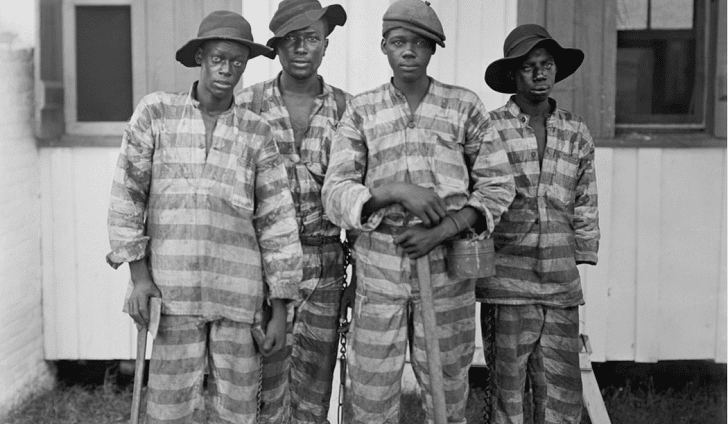
Brown’s dirty money made its way to Southern Seminary. In 1880 one $50,000 gift “saved” the seminary, as historical accounts read for over a century. This donation bought Brown enormous prestige and influence. He served on the board of trustees from 1872 to 1877, again from 1880-1894, and served as its chair from 1883 to 1894.
This is a deeply disturbing story, one of many in a sordid and skillfully written, seventy-page report on Southern Seminary’s complicity in slavery, Jim Crow, and white supremacy. Here are its major findings:
- The seminary’s founding faculty all held slaves.
- The seminary’s early faculty and trustees defended the righteousness of slaveholding.
- The seminary supported the Confederacy’s cause to preserve slavery.
- After emancipation, the seminary faculty opposed racial equality.
- In the Reconstruction era, the faculty supported the restoration of white rule in the South.
- Before the 1940s, the seminary faculty generally approved the Lost Cause mythology.
- Until the 1940s, the seminary faculty supported black education and the segregation of schools and society.
- In the nineteenth and early twentieth centuries, the seminary faculty appealed to science to support their belief in white superiority.
That a committee of historians at Southern Baptist Theological Seminary wrote these self-indicting conclusions is impressive.
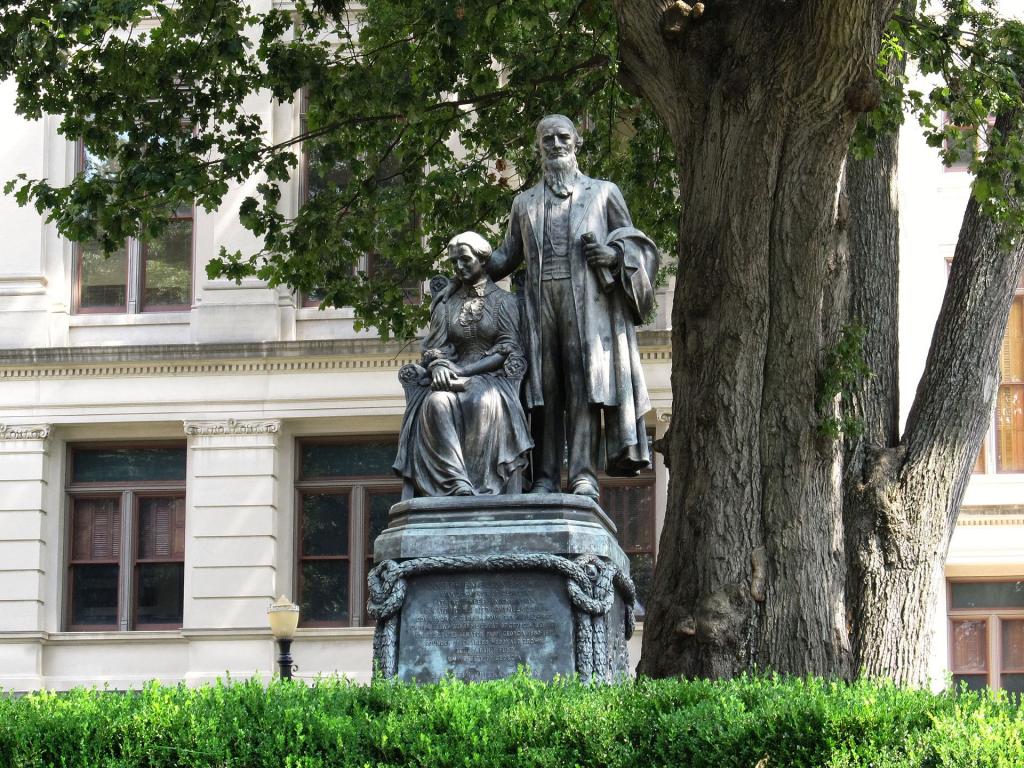
To be sure, there are problems with the narrative. It ends fifty years too early. It does not acknowledge that it was the moderate, not the conservative, wing of the Southern Baptist Convention that finally toppled racial segregation at the seminary in 1951. It does not fully reckon with persistent racial inequities within Southern Seminary and the Southern Baptist Convention.
Also troubling is that the endowed Joseph Emerson Brown Chair of Christian Theology, held by Mohler himself, still exists. Back in 2005, Mohler described it as “an historical connection that speaks to my heart and to the sense of calling.” Thirteen years later, Mohler assures his constituency that while Southern’s shameful history should be told in full, he does not plan to “remove names, announce plans, and declare moral superiority.” I wonder how the black men who died in Brown’s coal mines would have felt about this declaration?
Nevertheless, Mohler and his team of historians deserve a lot of credit for this brutal and clear-eyed report. It is not enough, but it is a strong start and shows that Southern is getting more serious about addressing what Mohler recently called “the heresy of racial superiority.”




